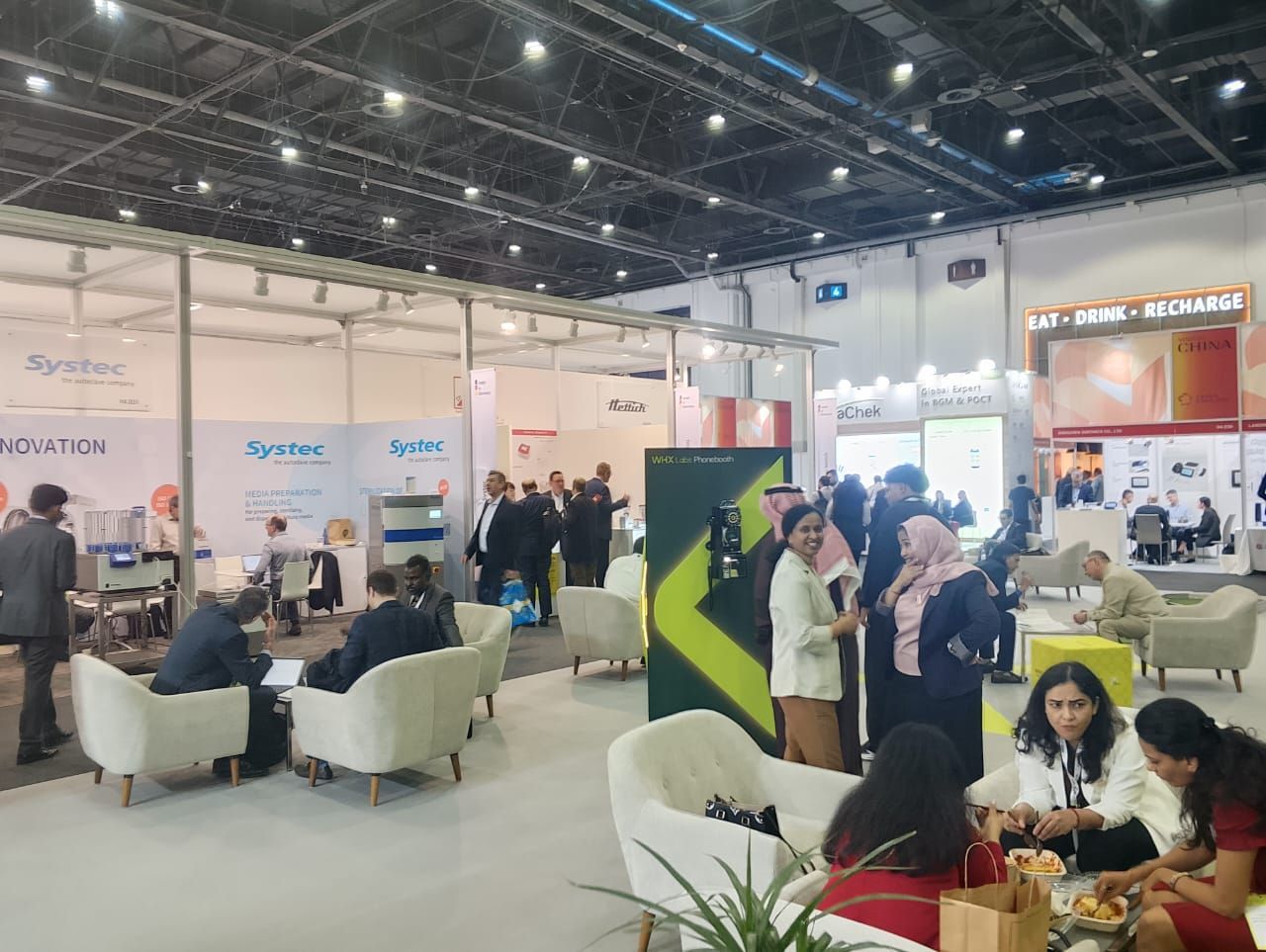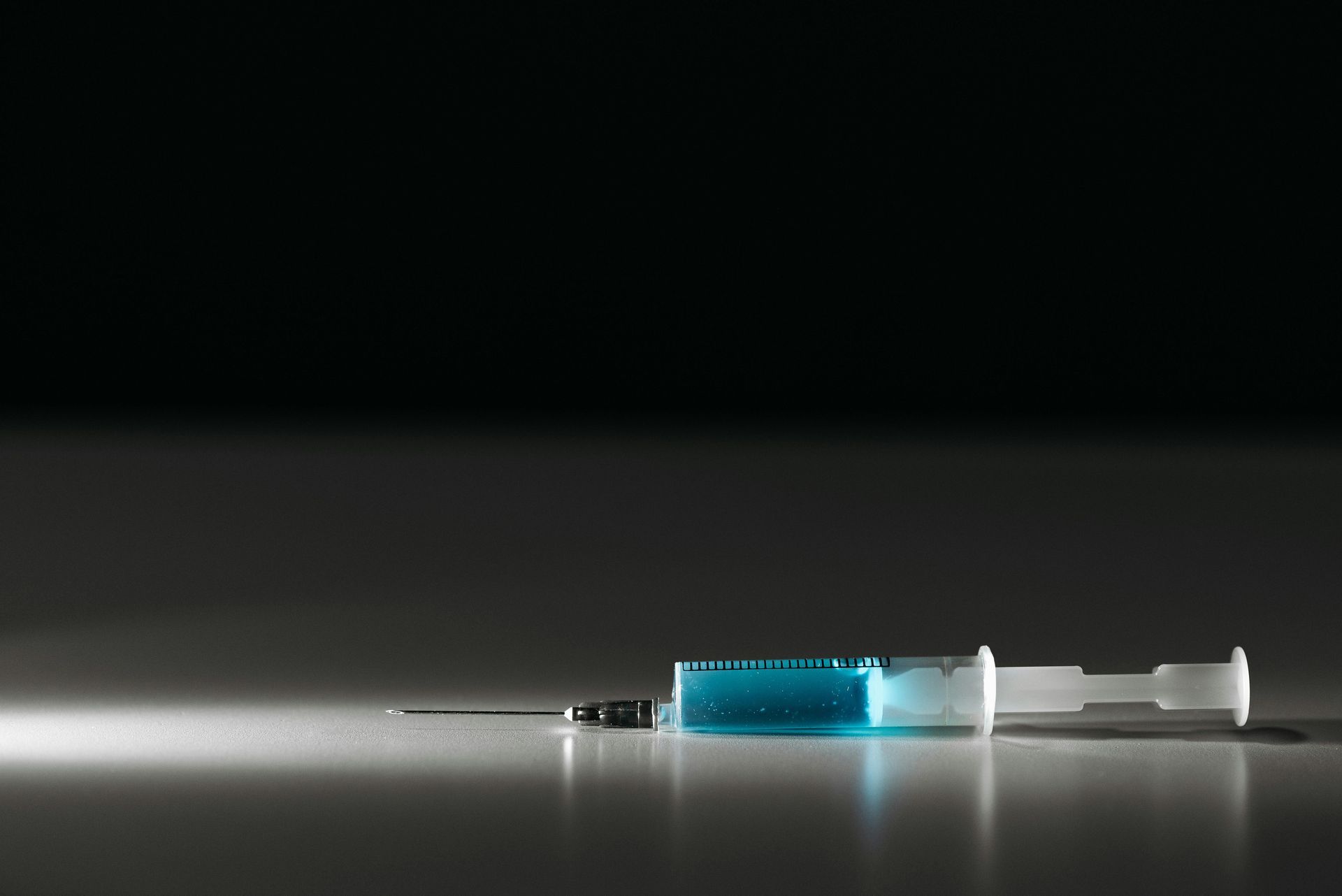Childhood Cancer, Prostate Health & Kidney Care: Integrating Clinical Awareness in Ghana
In Ghana today, cancer remains one of the most significant non-communicable disease challenges, not only among adults but increasingly among children. August and September draw attention to prostate cancer in men and cancer in children, and it is crucial for medical professionals across the spectrum — oncologists, urologists, nephrologists, paediatricians, pathologists, and general practitioners — to see these overlaps and synergies in prevention, diagnosis and management.
Childhood Cancer: Unique Needs
- Children present differently: signs such as unexplained weight loss, painless swellings, frequent infections, or unusual bleeding must be taken seriously. Early diagnosis is critical for better survival.
- Treatment protocols are often complex: chemotherapy, radiotherapy, sometimes surgery; requiring strict sterile techniques, reliable supply of safe consumables, and ability to monitor kidney function (since many chemotherapeutic agents and supportive medications are nephrotoxic).
Prostate Cancer Awareness & Early Detection
- Prostate cancer remains the most common cancer among Ghanaian men. Screening (PSA, digital rectal exam) and awareness programmes are vital. Delays in diagnosis increase risk of metastasis and complications.
- Treatment often involves surgery, radiotherapy, hormonal therapy — all of which have implications for kidney function, urinary tract health, and quality of life.
Kidney Health: The Common Underpinning
- Both childhood cancers (especially Wilms’ tumour, leukaemia) and prostate cancer treatments can impact renal health. Also, co-morbidities (e.g. hypertension, diabetes) are prevalent and potentiate kidney injury.
- Monitoring of kidney function (serum creatinine, eGFR), fluid balance, avoiding nephrotoxins when possible, dose adjustment of drugs, attention to hydration status are non-negotiables.
Role of Quality Medical Supplies & Product Support
- Sterile lubricants, catheterisation gels, reliable catheters, and diagnostic consumables are not just “extras” — they are essential for reducing infection risk, maintaining patient comfort, preserving integrity of urinary/renal procedures.
- For example, using high-quality lubricating gels in catheter insertion reduces friction, trauma to urethra or bladder, and lowers the chance of urinary tract infection, which is particularly important if prostate cancer or paediatric urinary tract involvement is present.
Call for Multidisciplinary Collaboration
- Oncologists, urologists, nephrologists, paediatricians, pharmacists, nurses: working together to ensure early diagnosis, proper treatment, and kidney protection strategies.
- Hospitals and clinics need dependable supply chains so that sterile gels, catheters, and diagnostic consumables are available when needed. Delays or use of substandard products risk patient safety and outcomes.
Practical Recommendations for Ghanaian Medical Professionals
- Develop or strengthen protocols to check renal function before, during, and after cancer treatment.
- Choose catheterisation materials and gels that are sterile, hypoallergenic, and reduce infection risk.
- Educate patients and families: hydration, recognising signs of renal damage (reduced urine output, swelling), side effects of treatment.
- Advocate for reliable supply chains so that shortages of key consumables like catheters, lubricants, diagnostic devices are minimized.
By reinforcing these areas—childhood cancer detection and treatment, prostate cancer awareness, and kidney health protection—medical professionals in Ghana can improve patient outcomes in meaningful and sustainable ways.
If you are involved in oncology, urology, nephrology or related fields, reach out to explore clinical-grade tools and consumables that support safe procedures and kidney protection.
Let’s strengthen care together.
#ChildhoodCancerAwareness #ProstateCancer #KidneyHealth #OncologyGhana #Urology #PaediatricCare #ClinicalSupplies #HealthcareQuality #MedicalProfessionalsGhana










